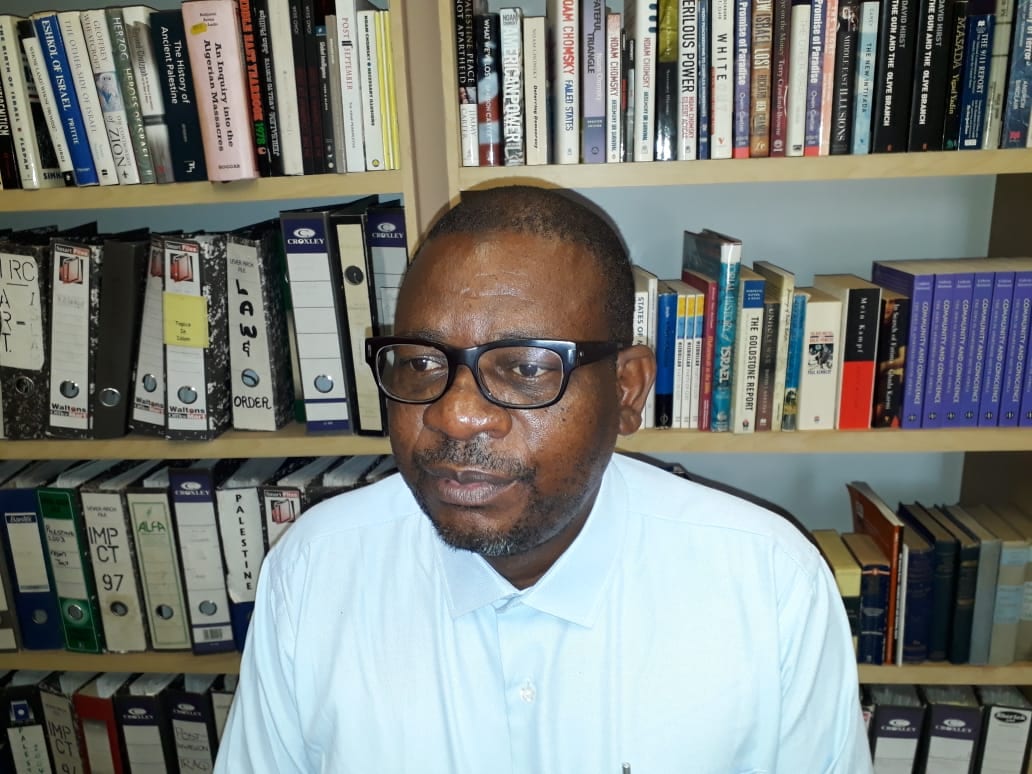Though relations between the “brotherly countries” have never been without hiccups, Morocco and Algeria’s chilly ties have given way to open hostility over the past few months. The main reason is the Western Sahara conflict.
Progress on the issue has been at a standstill ever since Morocco and the Polisario Front signed a ceasefire agreement in 1991, but Rabat has scored a few diplomatic wins recently, such as the US move to recognise Moroccan sovereignty over the disputed territory late last year. This development, coupled with France’s influence on French-speaking African states, one of which happens to be at the helm of the African Union at the moment, has bolstered Morocco’s confidence to do what it wants in Western Sahara.
The Kingdom’s proactive approach to diplomacy within African institutions has, in a little over a year, led several African countries to open consulates in Western Sahara. In doing so, they have effectively pledged their support to Morocco, thanks to French bullying of poor former colonies in Central and West Africa.

Polisario Front supporters in Algeria, 2016 (Reuters)
Furthermore, in a deal brokered by the US, the Kingdom agreed in December to resume diplomatic relations with Israel. Such a move remains a long-standing taboo for Algeria, which also happens to be the main backer of the Polisario Front’s Western Sahara independence drive. These developments were all it took for Moroccan and Algerian media outlets to launch smear campaigns against each other’s governments.
In Algiers, Morocco’s latest moves have been a clear source of tension at a time when Algeria’s once highly influential diplomatic corps is starting to pick up the pieces after twenty years of stagnation under former President Abdelaziz Bouteflika. Even within the African Union, Algeria’s virtual monopoly of the Peace and Security Council, which previously gave the country a platform where it could discuss the Sahrawi question whenever the pan-African institution convened, is a thing of the past.
READ: White House is reconsidering Trump’s recognition of Morocco sovereignty of Western Sahara
With the breakdown of the status quo, nearly fifty years of antagonism between the north-west African neighbours is now playing out on the military front. After Moroccan forces carried out an operation to drive Sahrawi separatists out of the Guerguerat crossing point in mid-November — the Polisario had blocked access to the area — the movement is once again saying that war has erupted with Rabat. Hardly a week goes by without a new report of an attack on Morocco’s defensive wall.
It is plain to see that neither Morocco nor Algeria wants a full-blown conflict, as it would have disastrous consequences. However, history shows that countries do not always have complete control over the scale of their own aggression, and seemingly minor escalations have degenerated quickly in the past. The possibility of a full-blown war between the two countries cannot, therefore, be dismissed out of hand. It could take just a very simple mistake to spark it off.
The AU should take some blame for allowing Morocco to return to the fold without fulfilling the union’s resolution which states clearly that the Kingdom should get out of Western Sahara and allow the country to become independent as per UN resolutions. At the moment, though, that seems a very remote possibility given the current dynamics prevailing at the AU and in French West Africa. With time and more pressure from the rest of Africa, however, Morocco will be suspended from the AU until it withdraws from Western Sahara and allows Africa’s last colony to be independent.
In the meantime, the two countries continue to prepare for war. The Algerian and Moroccan militaries are ranked second and fifth in Africa respectively, and spend dizzying sums on acquiring the latest weapons. Rabat turns to the US and French suppliers, while Algiers sticks with Russian-made military hardware.
At the end of January, the US International Trade Administration announced that Morocco had purchased a US-made Patriot air defence system. World-famous since the Second Gulf War, the Patriot is a medium-range surface-to-air missile (SAM) system designed to neutralise aerial threats.
While no details have been released about the terms of the purchase, Morocco’s latest spending will put its armed forces in a better position, and perhaps even narrow the only major gap that it has vis-à-vis Algeria, whose forces are equipped with Russia’s S-300 SAM systems.
As a continent, Africa cannot afford another war and the negative repercussions it would have on the economy of the continent as a whole. Africa is tired of bloodshed and needs investment and development if it is to realise its full potential.
READ: Morocco, Algeria engage in major arms deals in light of Western Sahara issue
The views expressed in this article belong to the author and do not necessarily reflect the editorial policy of Middle East Monitor.

![Morocco's Prime Minister Saad Eddine El Othmani delivers a speech during a meeting of Moroccan political parties on April 9, 2018, in Laayoune, the former capital of Western Sahara [FADEL SENNA/AFP via Getty Images]](https://i0.wp.com/www.middleeastmonitor.com/wp-content/uploads/2021/03/GettyImages-943734646-scaled-e1615378615979.jpg?fit=920%2C610&ssl=1)







